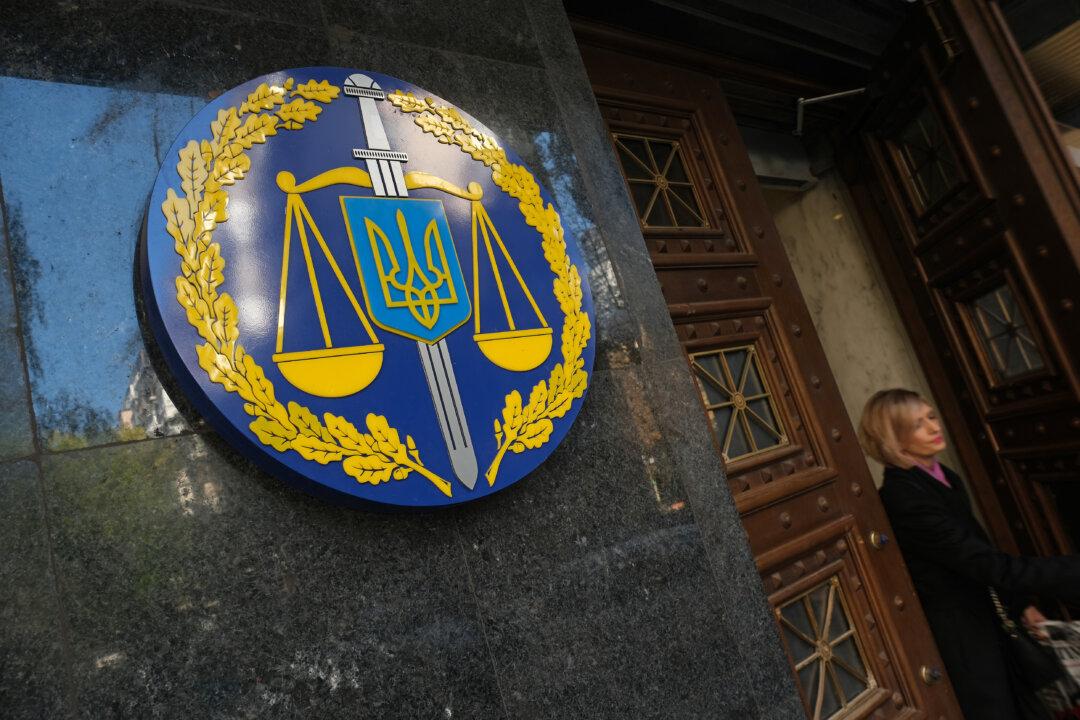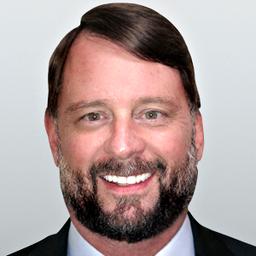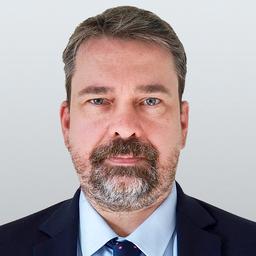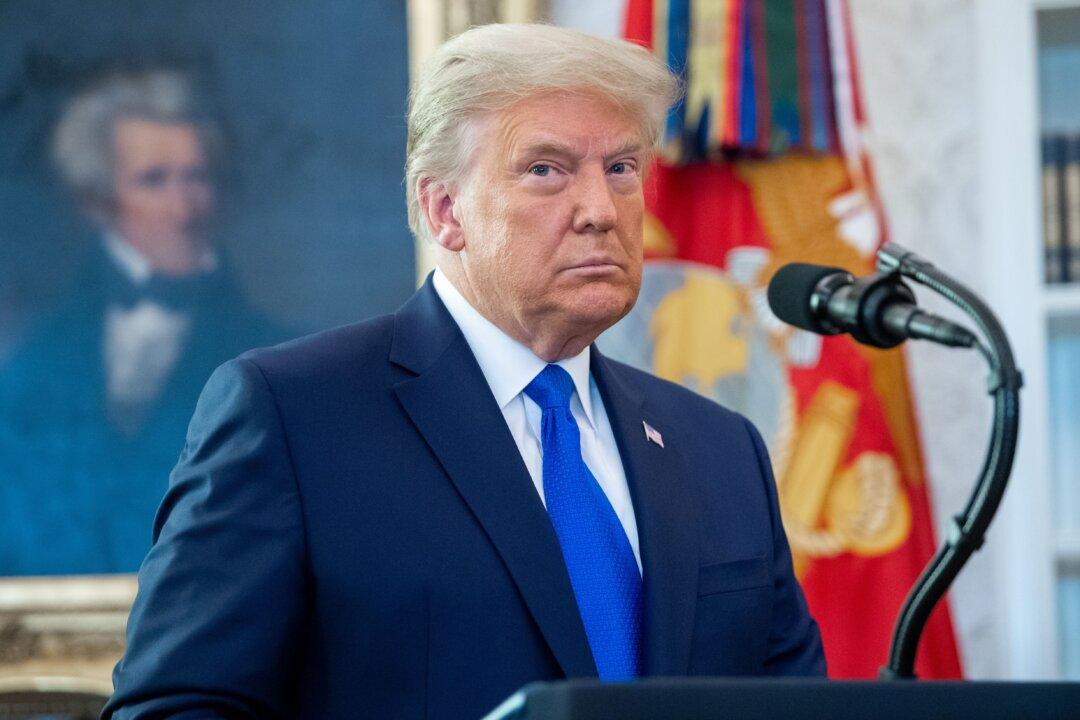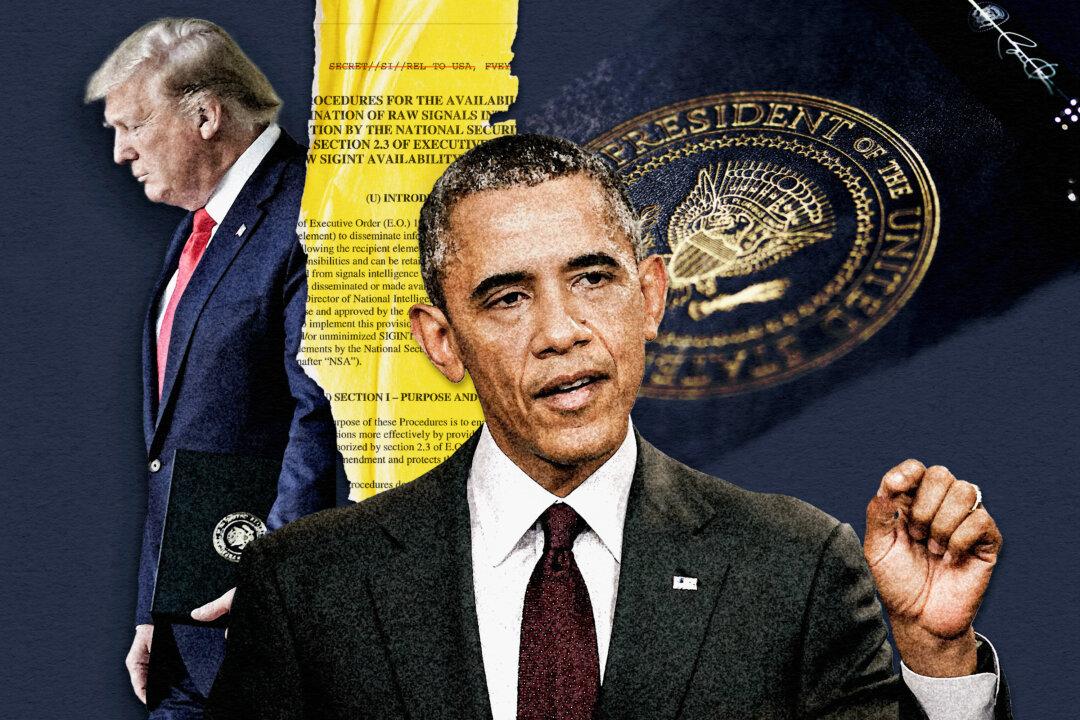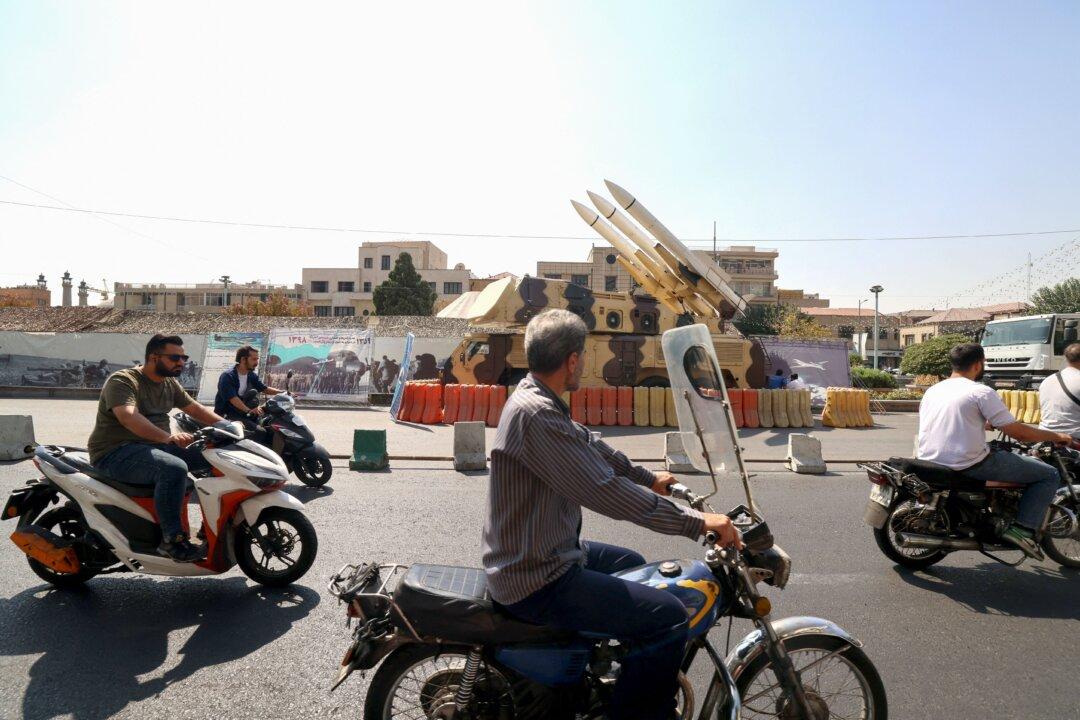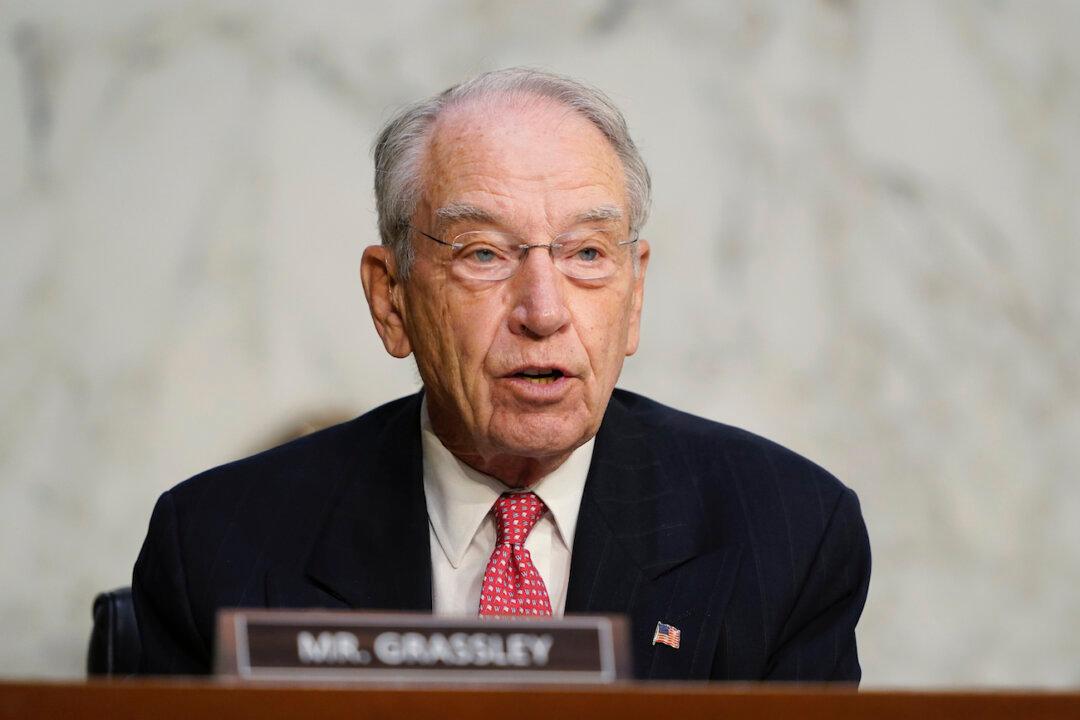News Analysis
A 2016 State Department email obtained by Just the News confirms that the U.S. government was provided information by a Ukrainian source saying that Burisma—the Ukrainian energy firm that gave Joe Biden’s son Hunter Biden a lucrative position on its board—allegedly paid a $7 million bribe to the Ukrainian prosecutor’s office.
